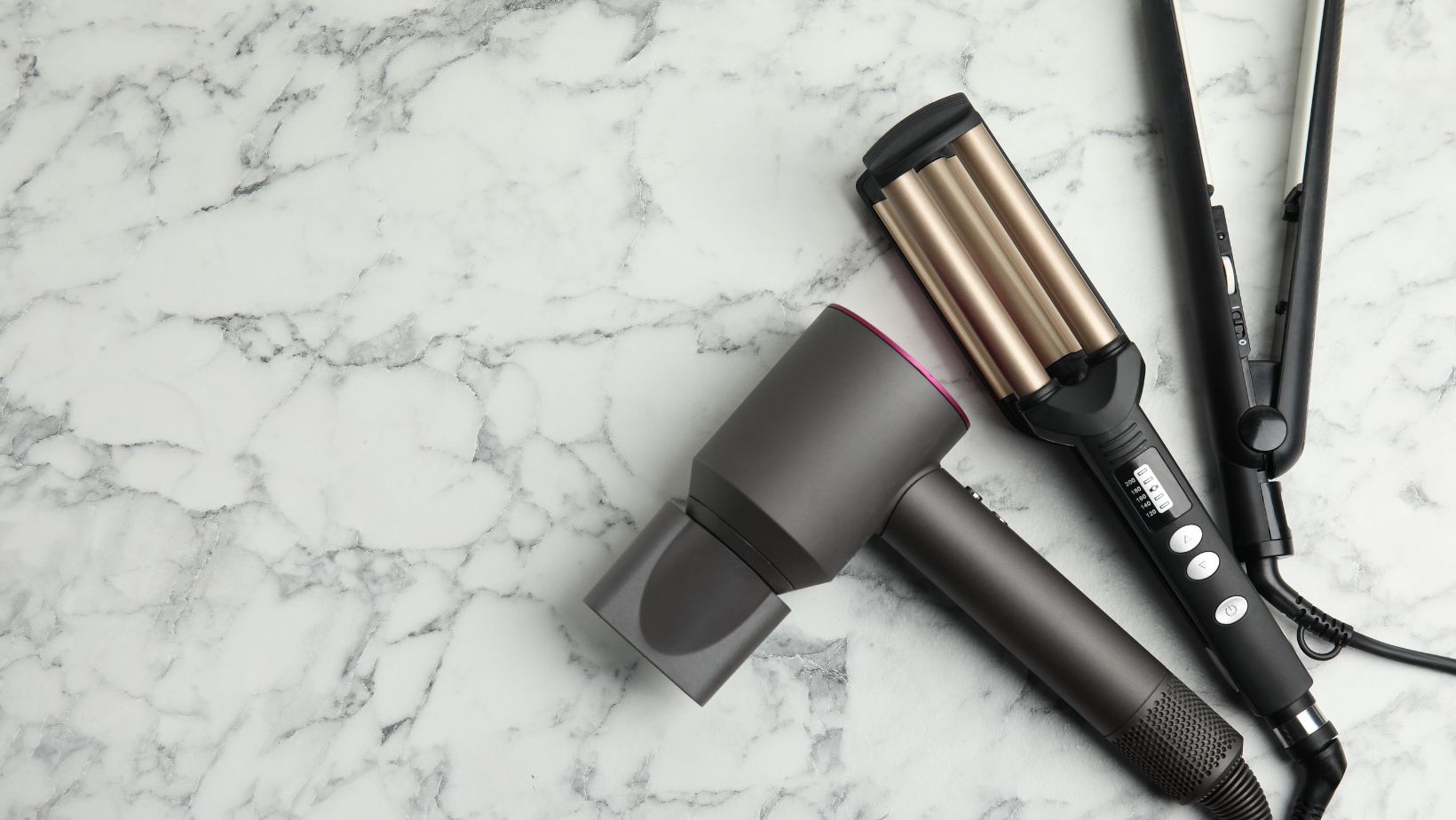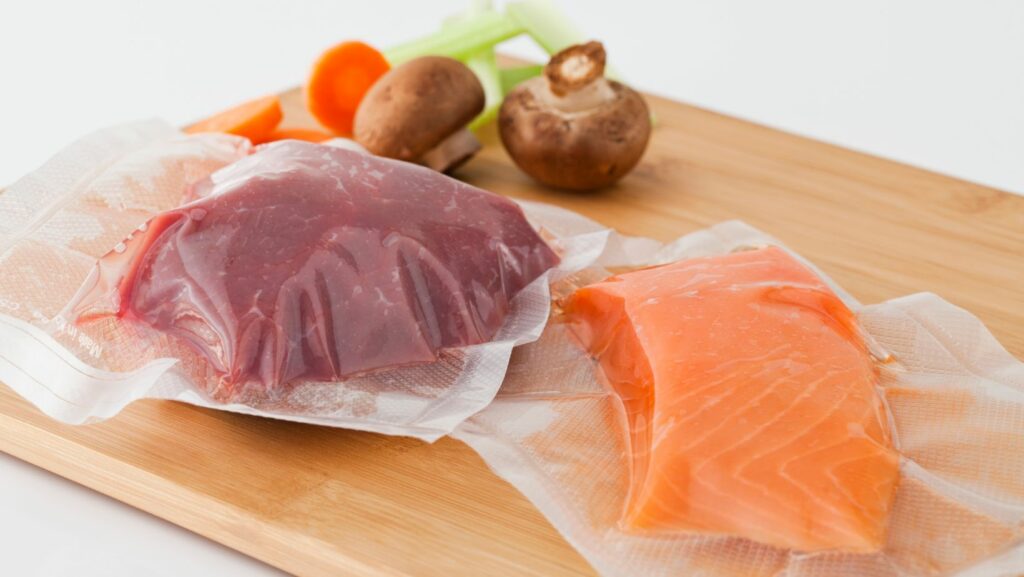Preserving food is an essential skill for any home cook or food enthusiast. Freezing meat is a popular method of extending its shelf life, but can you vacuum seal frozen meat? In this guide, I’ll provide you with all the information you need to know about vacuum sealing frozen meat and how it can help preserve your food for longer periods.
Vacuum sealing has become increasingly popular among home cooks due to its ability to remove air from packaging, preventing freezer burn and maintaining the quality of frozen foods. However, there are certain considerations when it comes to vacuum sealing frozen meat. From safety precautions to proper techniques, I’ll walk you through the steps necessary to ensure successful preservation without compromising taste or texture.
Contents
Table of Contents
ToggleCan You Vacuum Seal Frozen Meat
When it comes to preserving your food, vacuum sealing is a technique that can greatly extend its shelf life. But what exactly is vacuum sealing and how does it work? Let’s dive into the basics.
How Does Vacuum Sealing Work?
Vacuum sealing involves removing all the air from a package or container before sealing it tightly. This process helps to create an oxygen-free environment, which prevents the growth of bacteria and other microorganisms that cause food spoilage.
Benefits of Vacuum Sealing
There are several advantages to vacuum sealing your food:
- Extended Shelf Life: By removing air and moisture, vacuum-sealed foods can last up to 3-5 times longer than traditional storage methods.
- Preservation of Flavor and Nutrients: The absence of oxygen helps maintain the freshness and flavor of your food while preserving essential nutrients.
- Prevention of Freezer Burn: Vacuum-sealed packages provide an extra layer of protection against freezer burn by preventing moisture loss and minimizing exposure to cold temperatures.
- Efficient Storage: Vacuum-sealed packages take up less space in your freezer or pantry since they can be stacked neatly without fear of crushing delicate items.
Tips for Successful Vacuum Sealing
To ensure effective preservation, here are some tips for successful vacuum sealing:
- Always use high-quality vacuum seal bags or containers designed specifically for this purpose.
- Freeze meat partially before vacuum sealing to prevent excessive moisture extraction during the process.
- Leave enough empty space at the top of liquid-containing packages to avoid spills when sealing.
- Regularly inspect seals for any signs of damage or leakage.
- Label and date your vacuum-sealed packages for easy identification.
Remember, while vacuum sealing can greatly extend the shelf life of your food, it is not a substitute for proper food handling and storage practices. Always follow recommended guidelines for safe food preservation.

Why Vacuum Seal Frozen Meat?
When it comes to preserving your food, vacuum sealing frozen meat can be a game-changer. It offers several benefits that make it worth considering for any home cook or food enthusiast. Let’s dive into why vacuum sealing frozen meat is a smart choice:
1. Extended Shelf Life
One of the primary reasons to vacuum seal frozen meat is its ability to significantly extend its shelf life. When you remove all the air from the packaging, you create an environment that inhibits the growth of bacteria and other microorganisms. As a result, your frozen meat stays fresh and flavorful for much longer.
2. Preservation of Nutrients and Flavor
Vacuum sealing helps lock in the natural flavors and nutrients of your frozen meat. By preventing exposure to oxygen, which can cause oxidation and nutrient loss, you preserve the quality and taste of your food. This means that when you eventually thaw and cook your vacuum-sealed meat, it will retain its original texture, flavor, and nutritional value.
3. Prevention of Freezer Burn
We’ve all experienced freezer burn – those unappealing white spots on our frozen food that result from moisture loss due to improper packaging. Vacuum sealing eliminates this issue by creating an airtight barrier around the meat, preventing both moisture loss and freezer burn. Say goodbye to wasted money on ruined cuts of meat!
4. Efficient Use of Storage Space
Another advantage of vacuum sealing frozen meat is efficient use of storage space in your freezer or refrigerator. Without excess air taking up unnecessary room in bulky packaging, you’ll be able to fit more items in less space. This not only helps with organization but also allows for better rotation of your food inventory.

